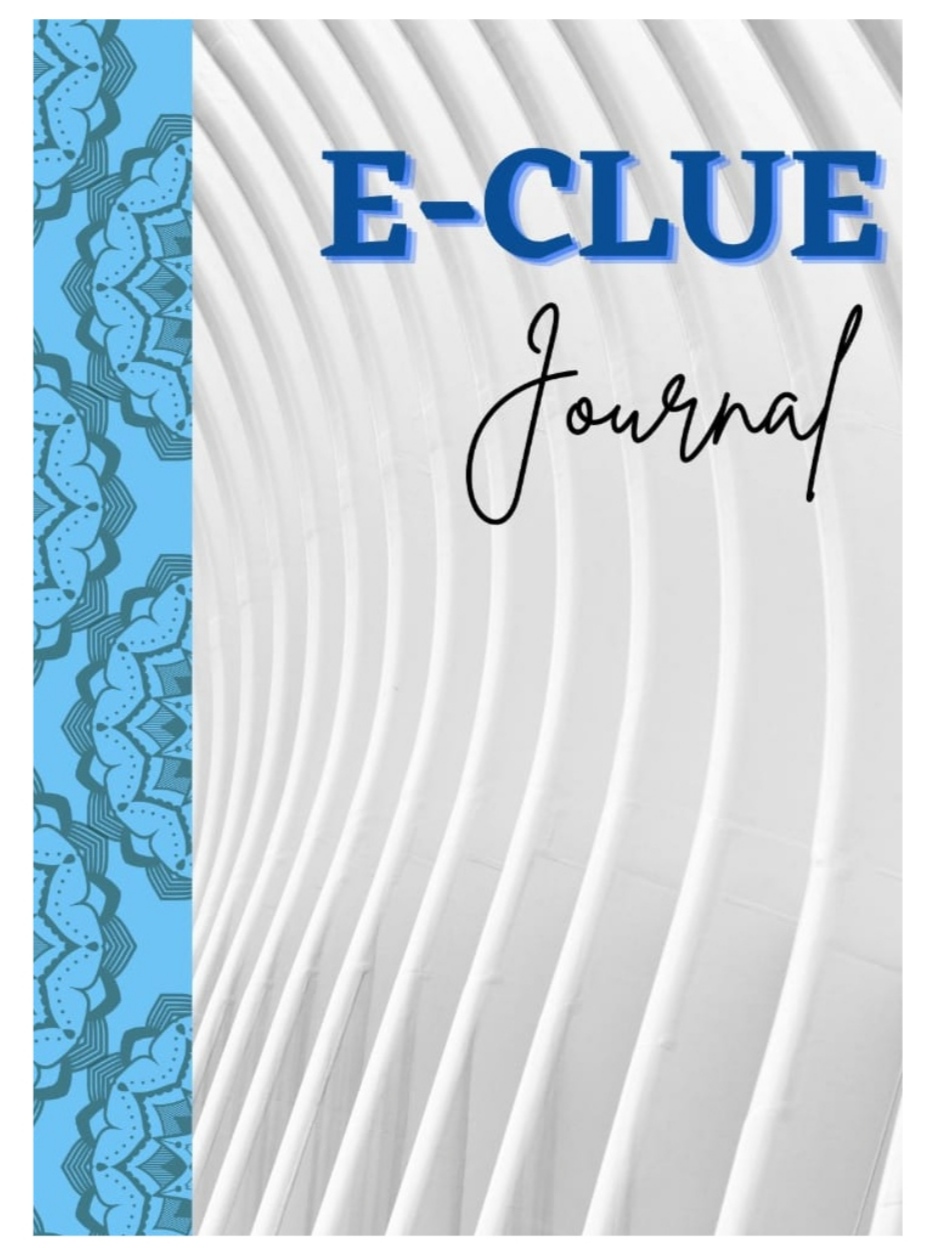ENHANCING STUDENTS SPEAKING SKILL IN FACING THE REVOLUTION ERA 4 0
DOI:
https://doi.org/10.53682/eclue.v9i2.3141Keywords:
Enhancing, students’ speaking skill, The Revolution Era 40Abstract
Many people think learning a language is easy because they assume we are using the language every day Learning a language is not just being able to communicate with the language but also know and understand the meaning contained in the word or phrase that pronounced In study languages especially English most of the students experiencing difficulty in speaking or talking Difficulty talk is usually caused by the difficult to express ideas orally limited vocabulary limited knowledge of grammar so it is difficult to talk with the correct rules limited ability to properly pronounce vocabulary pronounciation so it is difficult to pronounce a word with true the lack of courage to speak out because of fear of being wrong To facilitate the ability to speak speaking there are some pretty effective way to try among them: expand the vocabulary read aloud get to know the simple English read English conversation English listening to English songs watching English movies love the subjects English In this paper also discussed methods teaching role play and media pictorial story to improve the ability of English speaking students < p>
References
Bjorklund David F 2005 Children s Thinking: Cognitive Development and Individual Differences Australia:Wadsworth
Brown H Douglas 2001 Teaching by Principles: An Interactive Approach to Language Pedagogy White Plaint: NY Addison Wesley Longman Inc
Elsjelyn Evelyn R 2014 English Made Easy: Kunci Sukses Belajar Bahasa Inggris Jakarta: Kesaint Blanc
Hampp P L Kumayas T A Lengkoan F 2021 Synthesizing Grammar and Structure Problems Faced by Indonesian TOEFL Takers Jurnal Pendidikan Bahasa Inggris undiksha 9 1
Harmer Jeremy 2007 The Practice of English Language Teaching Fourth Edition UK: Longman Pearson Education
Karisi Y Pelenkahu N Maru M G 2021 Students perception of The Use of Youtube In Translation Class SoCul: International Journal of Research in Social Cultural Issues 1 2 126 138
Kumara Amitya 2014 Kesulitan Berbahasa Pada Anak Yogyakarta: Kanisius
Lalogiroth A Tatipang D P 2020 An Analysis of English National Exam and English Teachers perception Using Bloom s Revised Taxonomy Journal of English Culture Language Literature and Education 8 1 1 21
Lengkoan F 2017 A study on the use of songs to improve students pronunciation and listening skill Journal of English Language and Literature Teaching 2 02
Liando N Sahetapy R J Maru M G 2018 English Major Students perceptions Towards Watching English Movies in Listening and Speaking Skills Development Advances in Social Sciences Research Journal 5 6 1 16
Liando N V Lumettu R 2017 Students Personal Initiative towards Their Speaking Performance International Education Studies 10 8 21 28
Neuman W Russell 2010 Theories of Media Evolution The University of Michigan Press
Paranduk R Karisi Y 2020 The Effectiveness Of Non Verbal Communication In Teaching And Learning English: A Systematic Review Journal of English Culture Language Literature and Education 8 2 145 159
Richards Jack and Schmidt Richard 2002 Longman Dictionary of Language Teaching and Applied Linguistics: Third edition UK: Pearson Education Ltd
Tatipang D Oroh E Z Liando N V 2021 The Application of Mind Mapping Technique to Increase Students reading Comprehension At The Seventh Grade of Smp KOMPETENSI: Jurnal Bahasa dan Seni 1 03 389 397
Wright Andrew 1997 Creating Story with Children Oxford University Press






